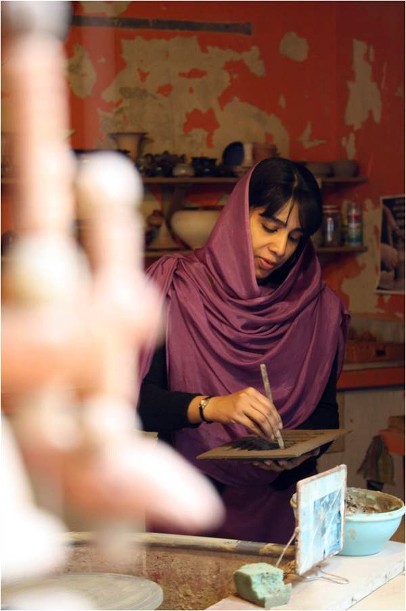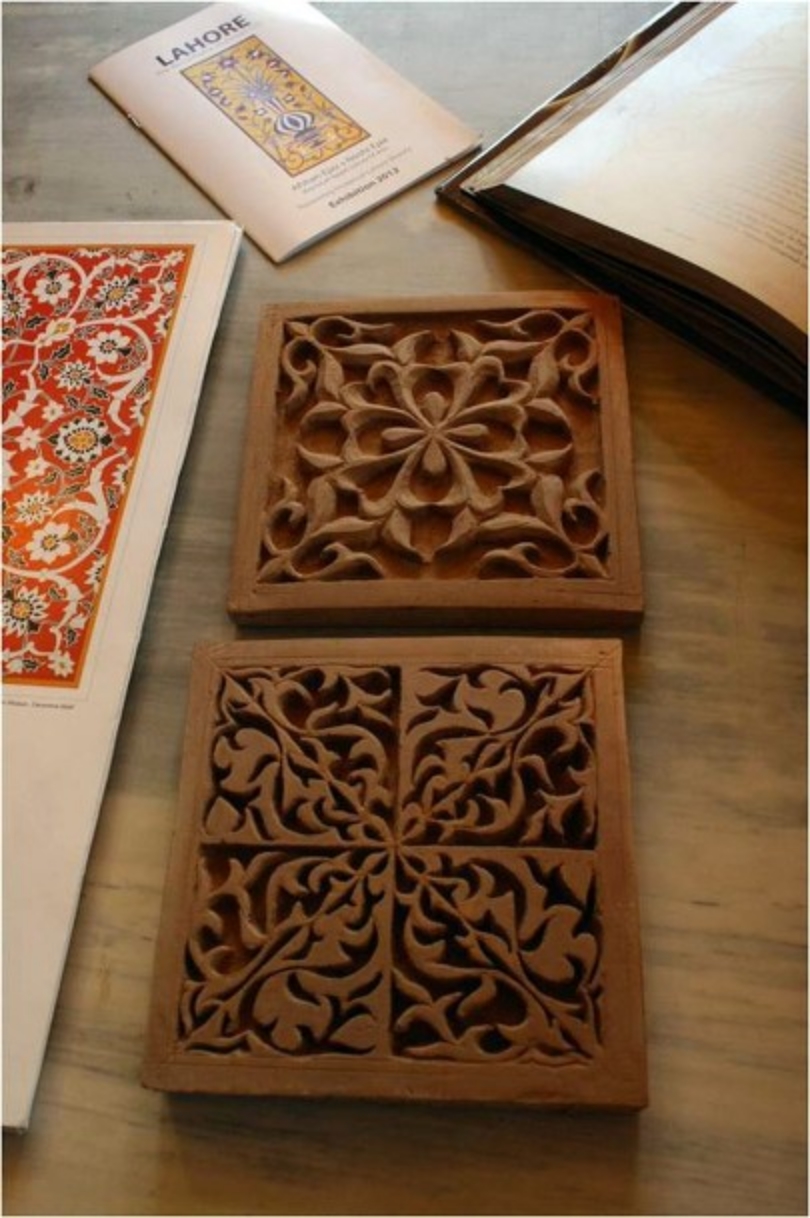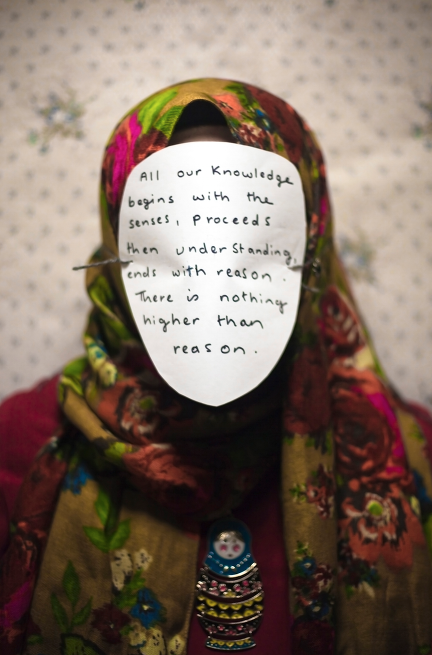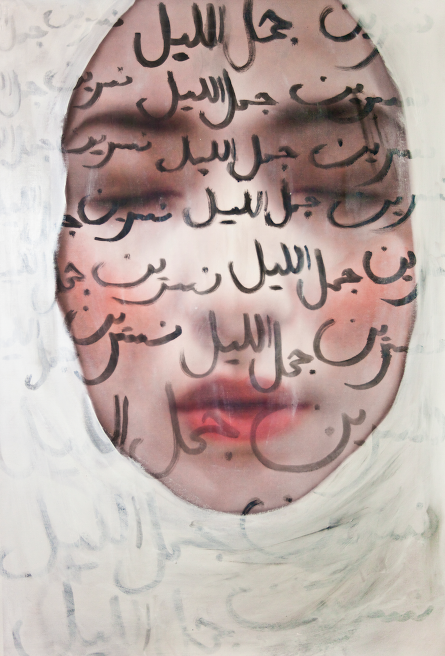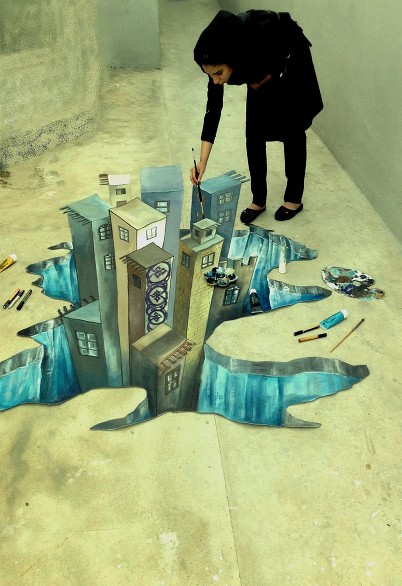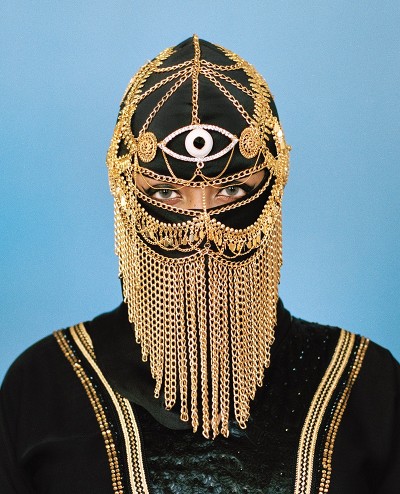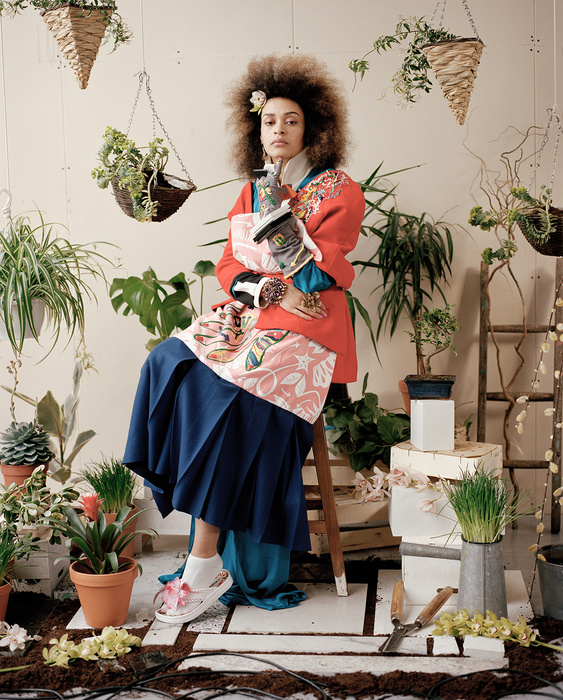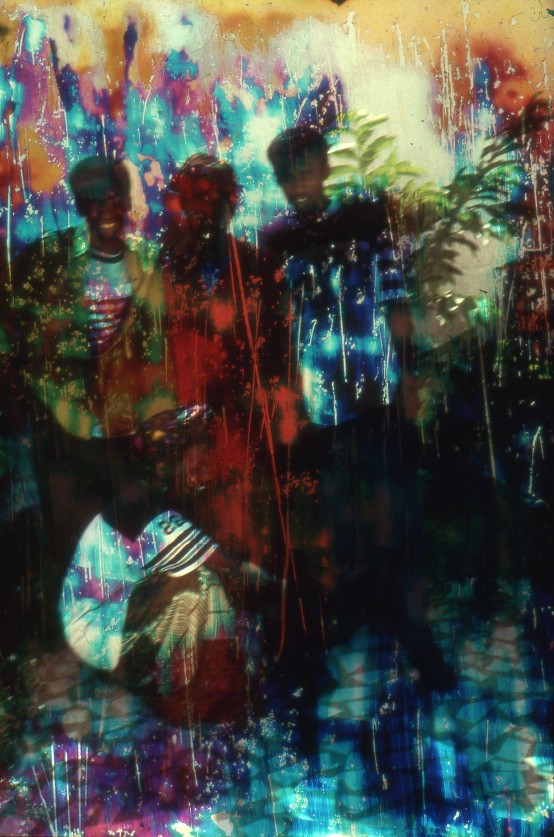Art and Islam are two synonymous words. A perfectly curated collection of mathematics, aesthetics and geometry. The art of the Islamic world has inspired the arabesque, the Gothic arch and the elaborate tiles that decorate European architecture.
However, Islam, once the beacon of the artistic and literary world has been overshadowed by events that have shaken the modern world. What can Muslims do to throw the stereotypes forced on them by the media? Muslim women are especially in focus, generally viewed as oppressed, non-individual and dominated by their male counterparts. Variant Space is challenging this perspective.
'In essence, our sole objective is to display variations in talent within the Muslim female community and conquer the stereotypes.'
This one of a kind concept is a platform for all Muslim female artists, with a range of skills from traditional crafts to installation and digital photography there is no shortage of culture or inspiration.
The website was founded by Nasreen Shaikh Jamal Al Lail and Nasreen Raja in April 2014, they discovered each other through Instagram and decided to launch their website after talking through Skype.
'We just decided to go for it and within a week, our website was launched' explained Nasreen (Shaikh Jamal Al Lail), Nasreen has experience in graphic design and was able to turn their words into reality.
Credit: Nasreen Shaikh Jamal Al Lail on 2011-05-20.
Nasreen expanded on why Variant Space was such a unique venture.
'Variant Space is an open space where we want to support each other as artists. It is not about who’s more successful, who’s made this much and who’s made that much - it’s about a creative state in which we can enhance each other’s value and help each other create something beautiful. It's also about support, sisterhood, it's about self-acceptance. This all has to do with ethics of Islam and being women of faith, to have this sense of sisterhood. People always have so many negative images of what we are as Muslims and especially for women.
It is important to make sure that we have communities of learning, passing skills, and helping each other. We want to anchor Variant Space into something like that.
Nasreen also pointed out that one of their specialties is the multicultural artists they represent 'We all come from diverse cultural backgrounds and from all around the world like Qatar, Saudi, Egypt, Afghanistan and Pakistan. Even those who are that UK based have Bangladeshi and Pakistani backgrounds. I’m Saudi, some are mixed and some are reverts, and some are also from families that are half Muslim.
'When we first launched Variant Space the first event that we actually participated in was Living Islam...that was our first time getting feedback about what Muslims thought about Variant Space which was really important because we never really knew what the community thought, the feedback that we got was very, very positive.
Do you think Muslim women should implement art more into their lives?
This is important, this is all archival, architectural, essential history we are missing. I’ll give you an example, as Muslim women we need to understand the image we put out, we’re on social media and Instagram, everybody posts a selfie, everybody posts a picture of themselves, everybody is a make-up artist, everybody is a fashionista, everybody is putting their hijab in a new style or a new colour.
Nobody really focuses on something that is actually important which is history, or you know, something academically based. Nobody focuses on the religion that you’re representing in the first place, you’re not representing fashion, you at the end- the core of that, is your face.
And the point that is completely missed is how women have conducted themselves on social media, there is a lack of understanding of the image they are portraying. We don’t create something that is different, this is another stereotype.
We (Variant Space) open up more of a dialogue, it throws off the idea of you being famous or just being the face of a person, it’s more for people to think about, it's more culturally enriching. I think people really need to understand what they want to portray especially as artists.
Shamsia Hassani
Do you think if Muslim women had more involvements in the arts it would have a positive impact on the stereotypes we have to deal with already?
In our youth we look at images. Women a lot of the time consume images of other women who look completely different to how we look like. So obviously, that translates into our subconscious and all these insecurities flood out. It’s nothing to do with religion or how you look like wearing the headscarf, because you’ve been projected women who don’t look like you, who don’t have the same moral standards as you. We project all this negativity on ourselves.
When we do not understand the images that have been portrayed to us, now, when we see a Muslim woman we think she’s only interested in fashion, there’s nothing else- that’s just her. I’m frustrated with the concept ‘If you’re Muslim you’re trendy and you have to be fashionable, you have to be like this you have to be like that, but nothing else.’ That point is completely made.
Variant Space is not about us at the end of the day, the main point is about how the artwork speaks itself, it is about the message we try to put across. It’s about changing those ideas, making the things that people think are not acceptable, acceptable. Such as women who are Muslim and decide to be veiled, completely covered up, or not. So for that to be understood we have to support each other as a community, and for Westerners to understand these things exist, and so that people accept them and their standards don’t fall into our standards at all.
Nouf Alhimiary: Dictionary of an Eye
What advice do you give to an aspiring male or female Muslim artists, Who may be in a situation where being an artist is not an acceptable career?
It’s not about it being acceptable. A lot of people say 'I want to do art but I can’t because I’m studying something else at the moment'. Okay, you can study something else, don’t go against your family. If you have a hobby of doing art, you can still do it as a hobby. In your own time you can learn about it, read about it and do something that is more useful and practical. I support people who do two things at once, most of our artists, their main job is not art. Instead, their job is something more practical in which they can fund what they are doing in terms of their artwork.
So you have to think about being practical at the same time. I think the biggest advantage you have to think about is, if you’ve got a talent for art, you have to think about what type of art you produce, why you’re producing it and think originally and think creatively about it.
Don’t regurgitate something that somebody’s already made and don’t look down upon cultural or Islamic art at all. Be inspired by that, it should be your main point of inspiration because that is very beautiful. For me I’ve always been inspired by that because this is the essence of who you are, don’t get lost in the mainstream, and what is produced. Focus on something original, make something that will be impactful and useful rather than just making it for the sake of making it.'
Can anyone feature their work or portfolio on Variant Space?
Everybody is welcome to send in their portfolios to us, we will give you any type of feedback. At the moment we have to limit how many people we will be taking just because we’re fairly new and obviously we’re self-funded. InshaAllah in the future when we have bigger shows you will be kept in mind. And if you want feedback on your work or anything we will always be there to give that. We will support you in any way that is possible in the best way we can.
Photo Credit: Yekinni, an award winning illustrator featured on Variant Space.
How do you want to see Variant Space evolve?
We want to make more art, create more exhibitions and more workshops. I think we love doing workshops quite a bit because it’s interacting with younger people and influencing them in the right way.
If somebody wanted to get involved or help out how do they do that?
Email us. Don’t be shy, feel free to email us we will always answer you and advise you the best way possible.
A special thank you to Nasreen Shaikh Jamal Al Lail for taking the time to answer these questions.
Photo Credit: Variant Space, Nasreen Raja, Nasreen Shaikh Jamal Al Lail, Shamsia Hassani, Yekenni, Nadine Ijewere, Taman Sheikh and Afhsan & Noshi Ejaz.
Author: Aaliyah Green





